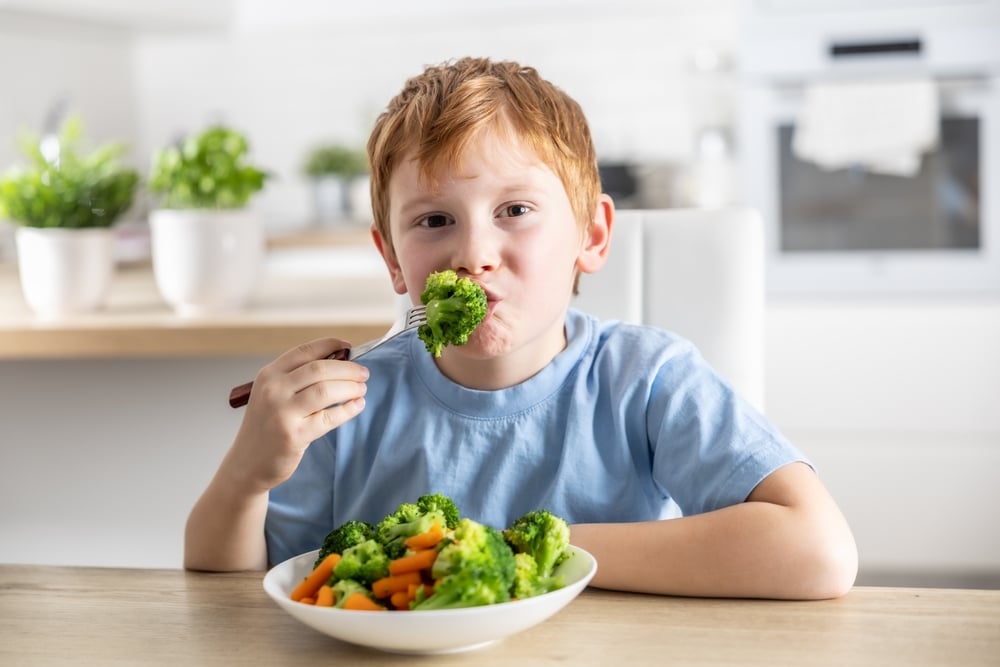
"However, I was not interested in being the only kid to eat whole-grain wheat bread when everyone else seemed to be living in a Wonder Bread world. What persuaded me to eat healthier, and ultimately vegan, was some insights from my older sister who taught me about factory farming-the practice of raising livestock in high-density confinement to produce meat, milk, and eggs for human consumption."
"After understanding what she had learned, I immediately became a vegetarian. It took another year before my mother and I went completely vegan-having her full support made the transition much easier. While it hasn't been too difficult to teach my own children to eat vegan-since they generally eat what my husband and I eat-I was much older when I became a vegan."
"Once your children are able to read, they can see on a food's ingredient list whether it includes animal products. Until then, you need to be the one to let them know and choose the ingredients for them. Make sure you talk about the ingredients they should stay away from, so they will recognize them when they can read. Along with reading comes asking questions."
My mother emphasized healthy eating, but peer norms initially deterred choosing whole grains. Learning about factory farming from an older sister prompted an immediate switch to vegetarianism, and a year later full family support enabled a transition to veganism. Raising my own children vegan was easier because they generally eat what parents provide. Becoming vegan as an adult required learning new food selections and changing habits without peer support. Professional pediatric and nutrition organizations now endorse well-planned vegetarian and vegan diets for young children. Parents should teach ingredient reading, select suitable products, encourage questions, and validate children's plant-based choices.
Read at Alternative Medicine Magazine
Unable to calculate read time
Collection
[
|
...
]